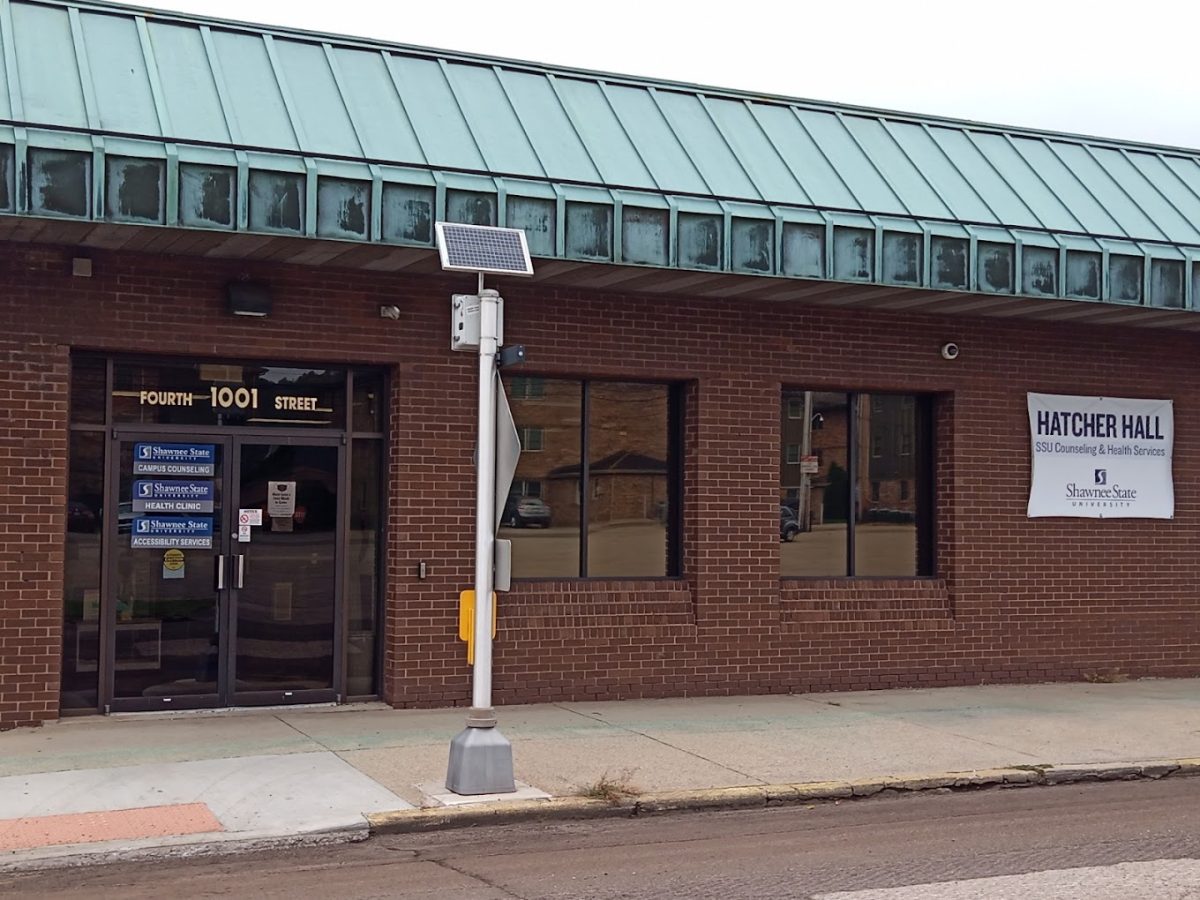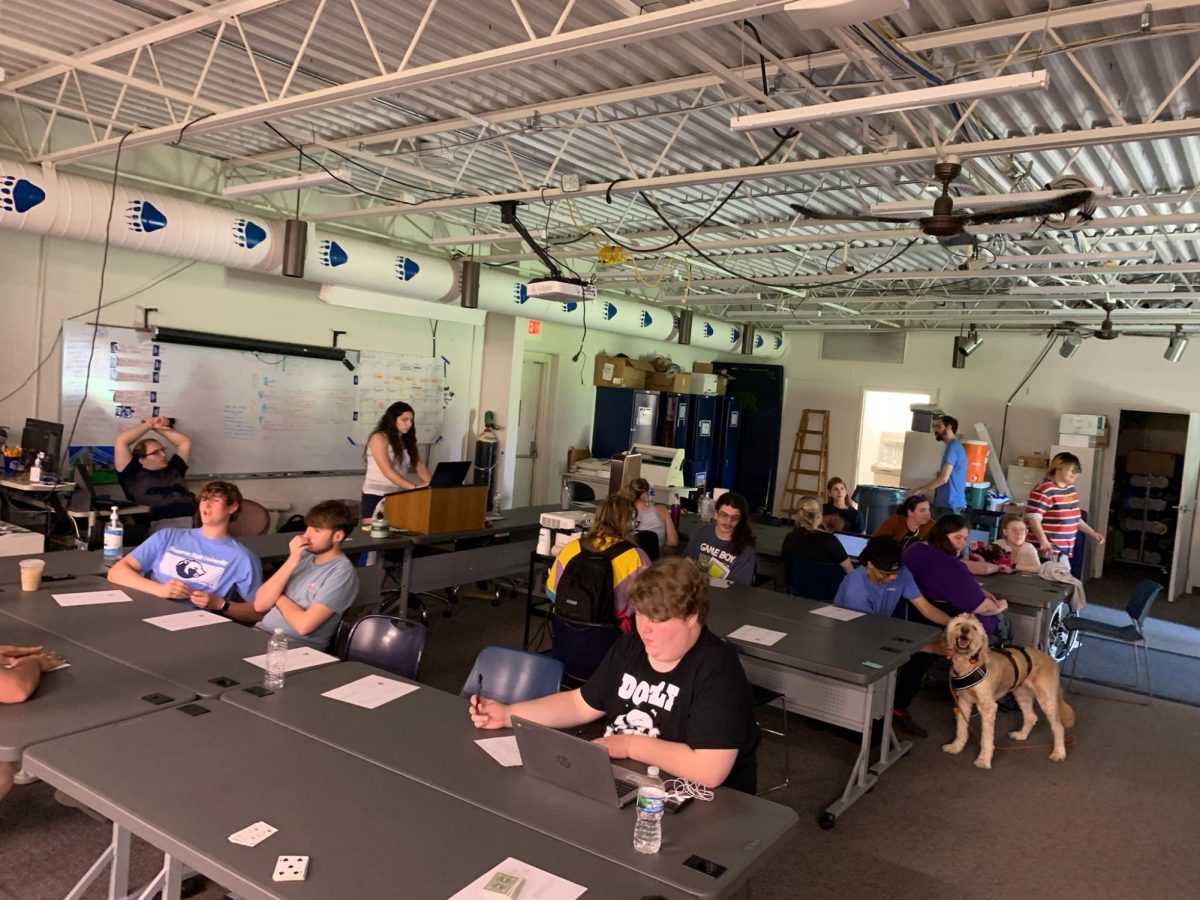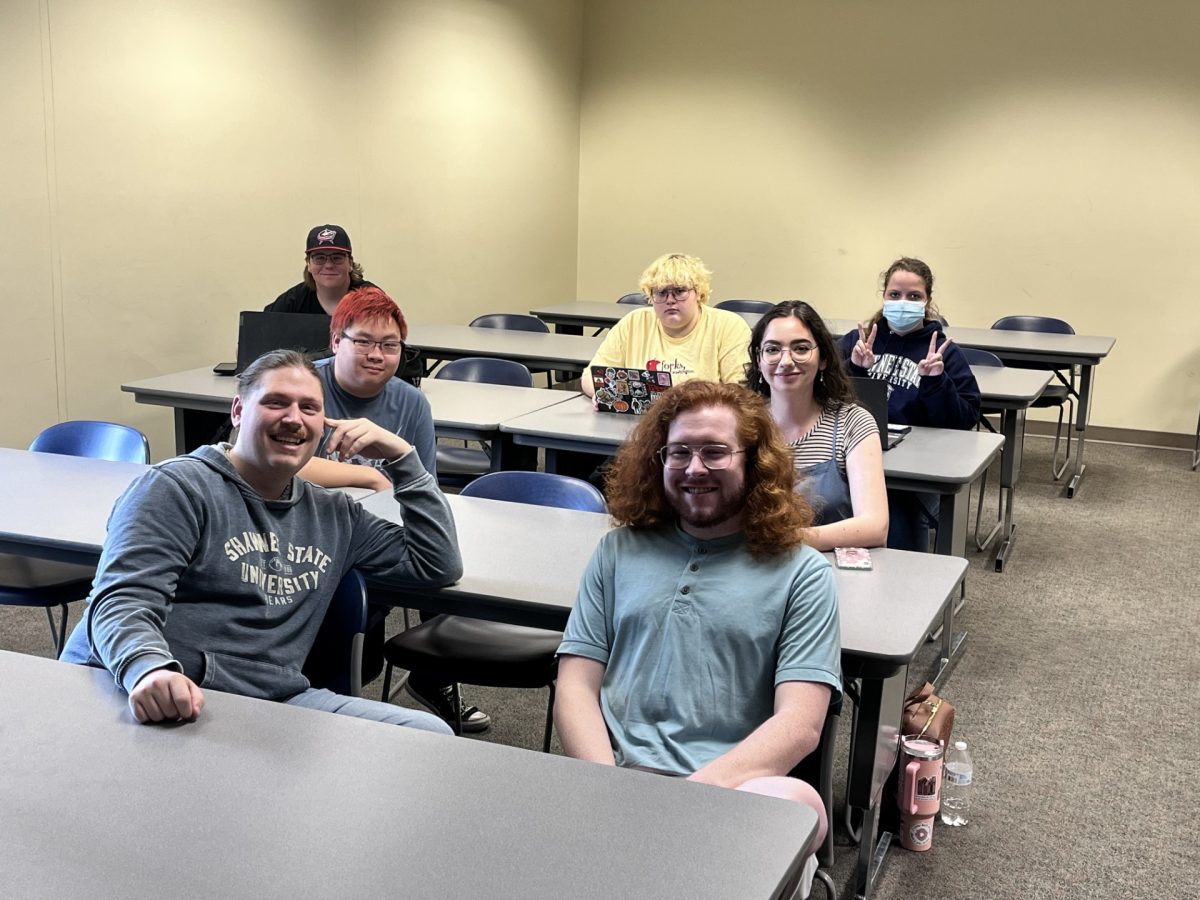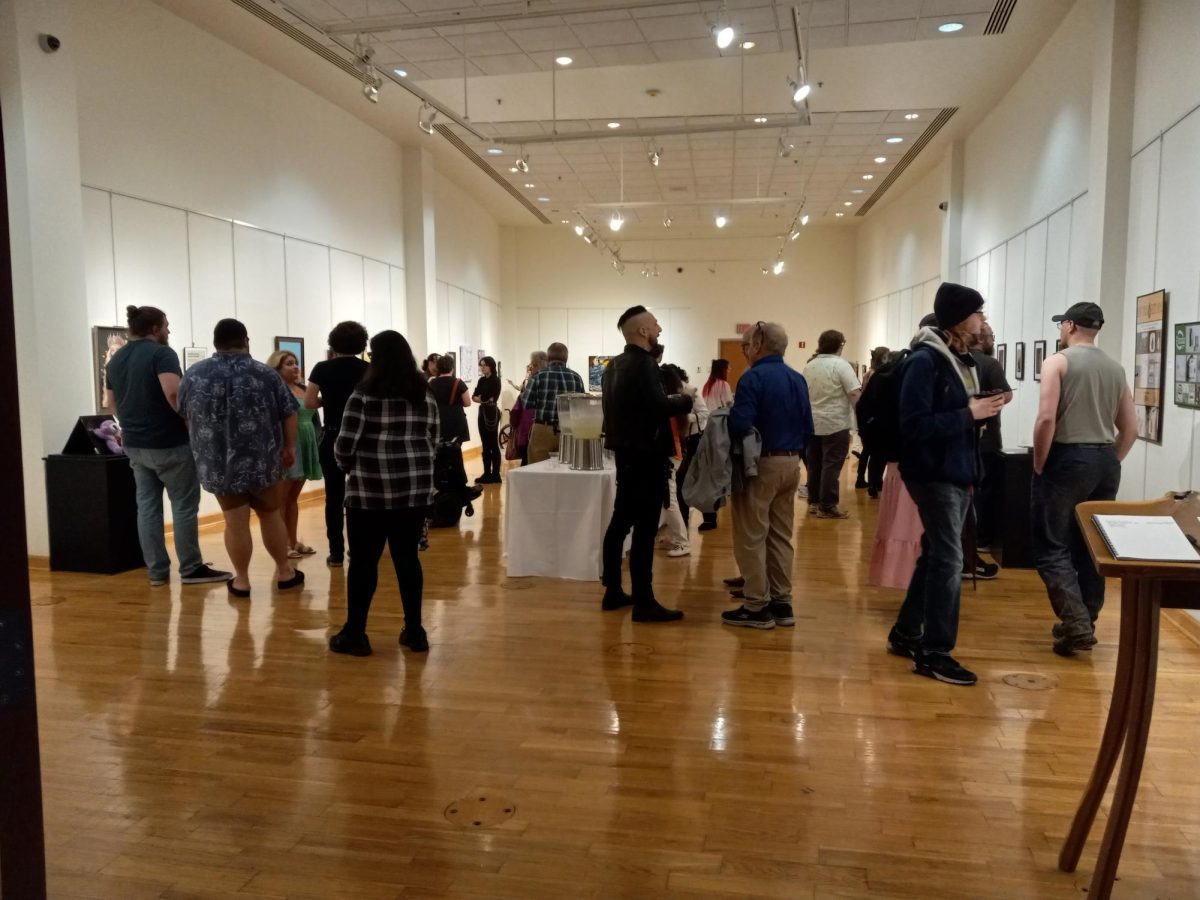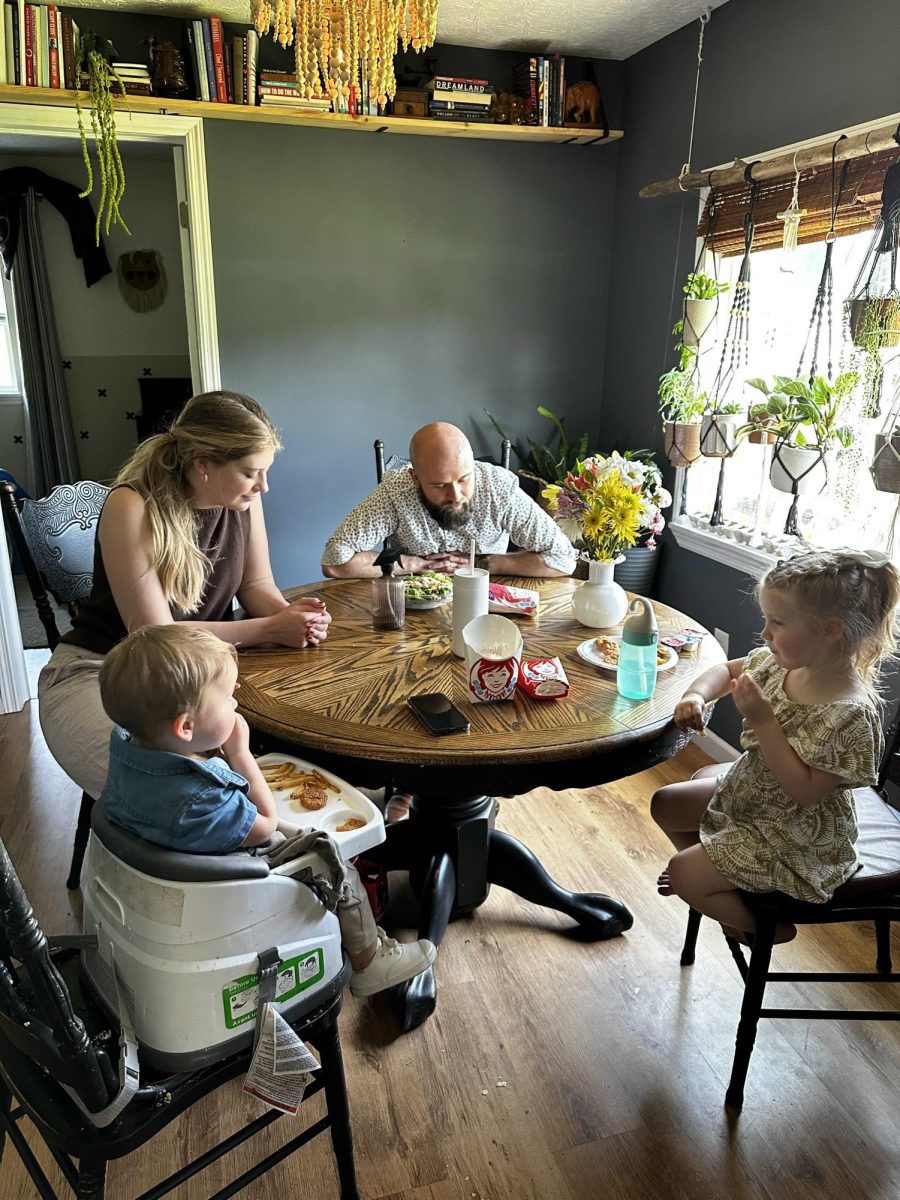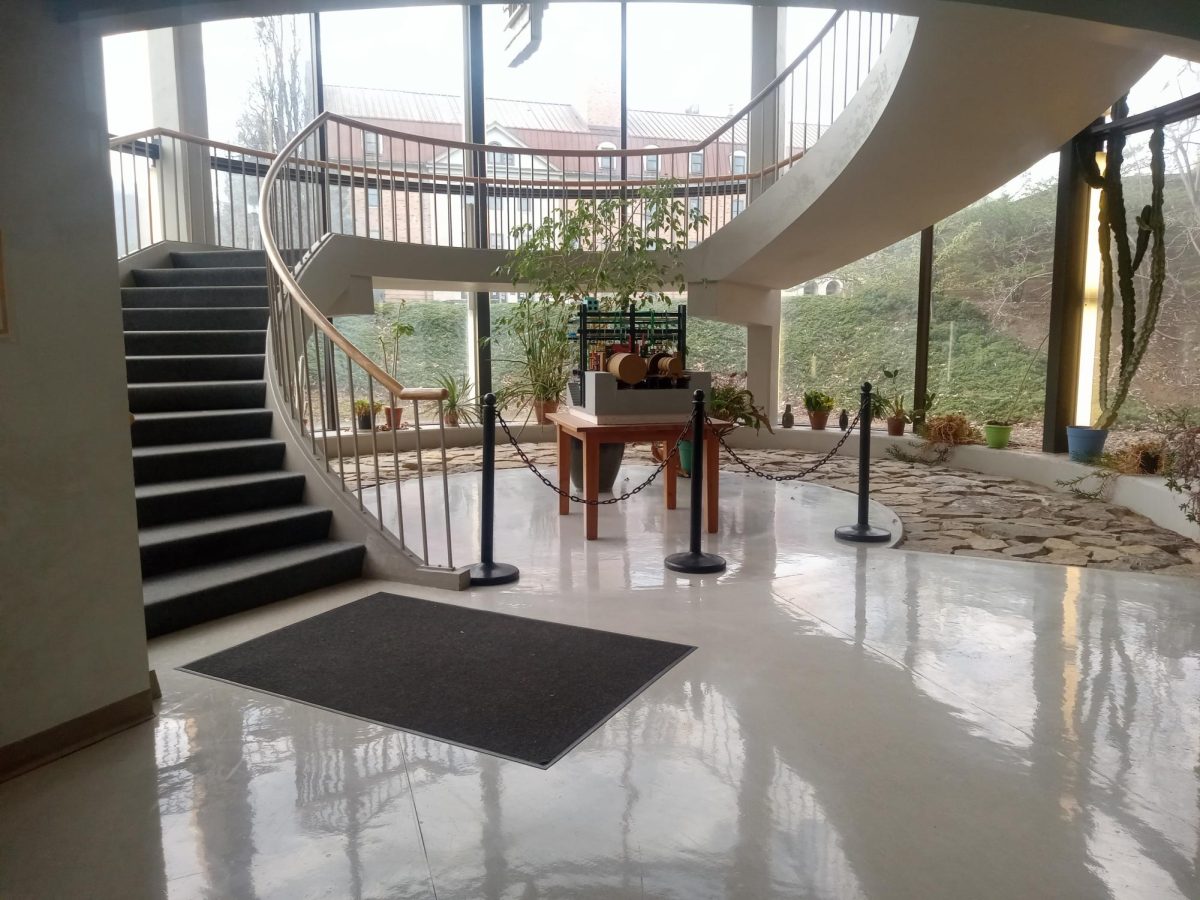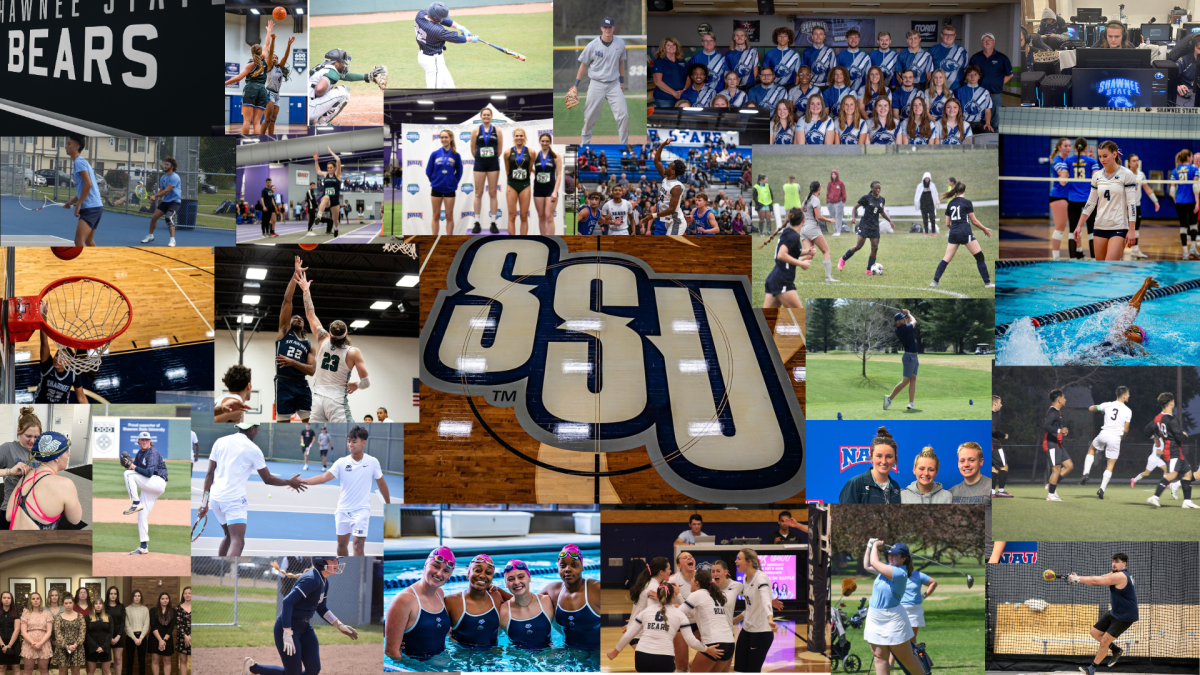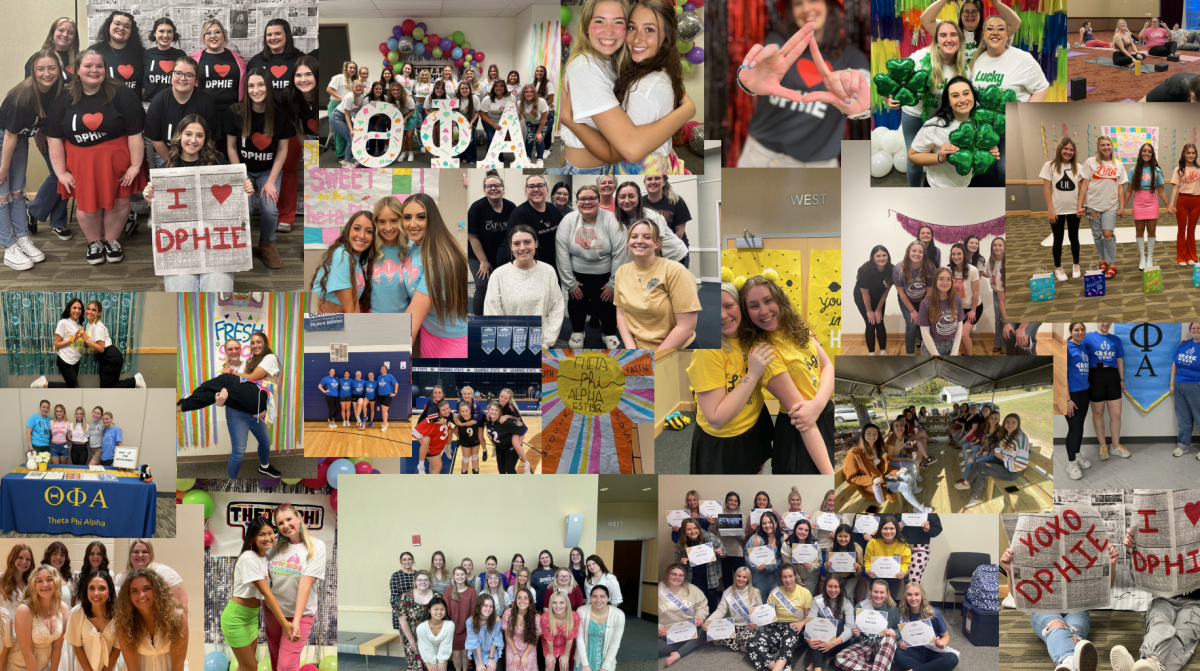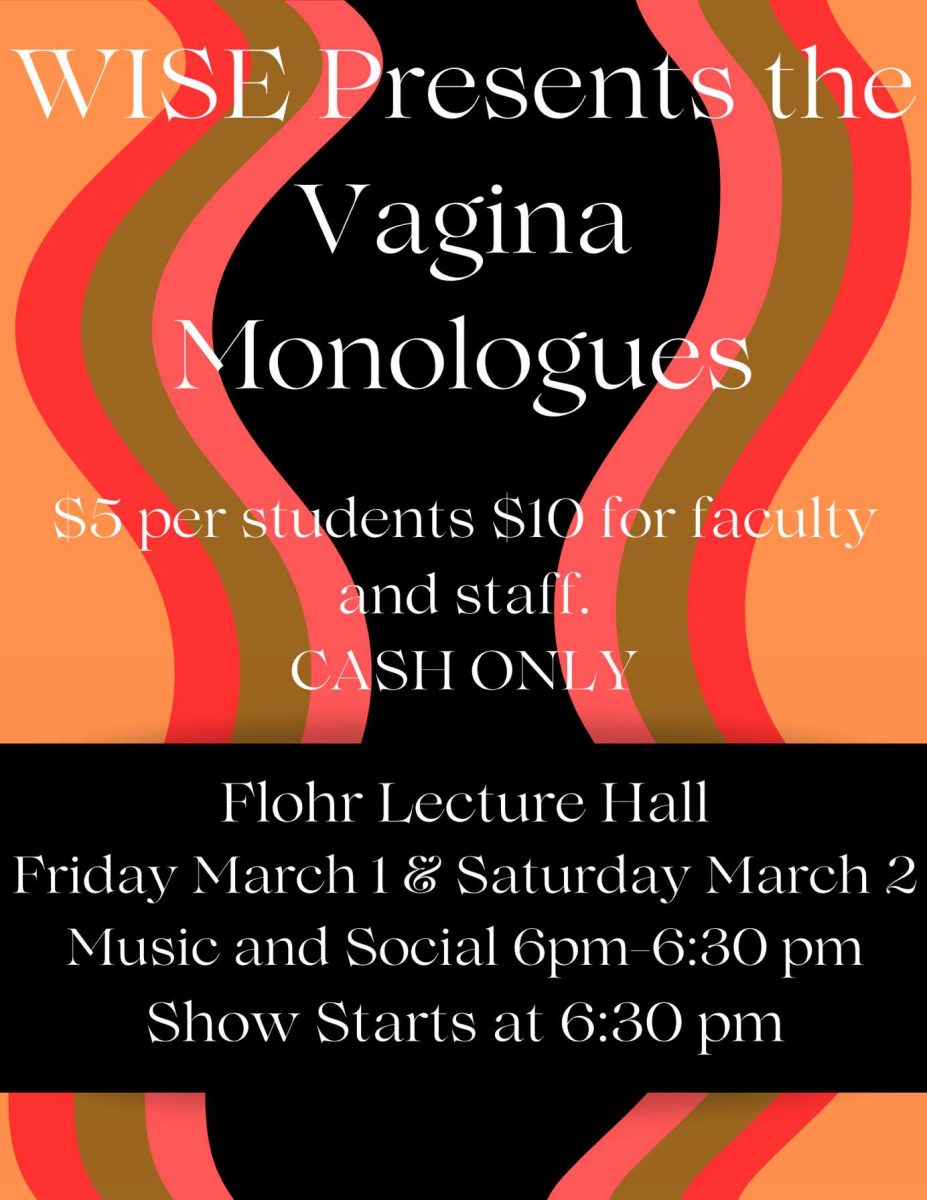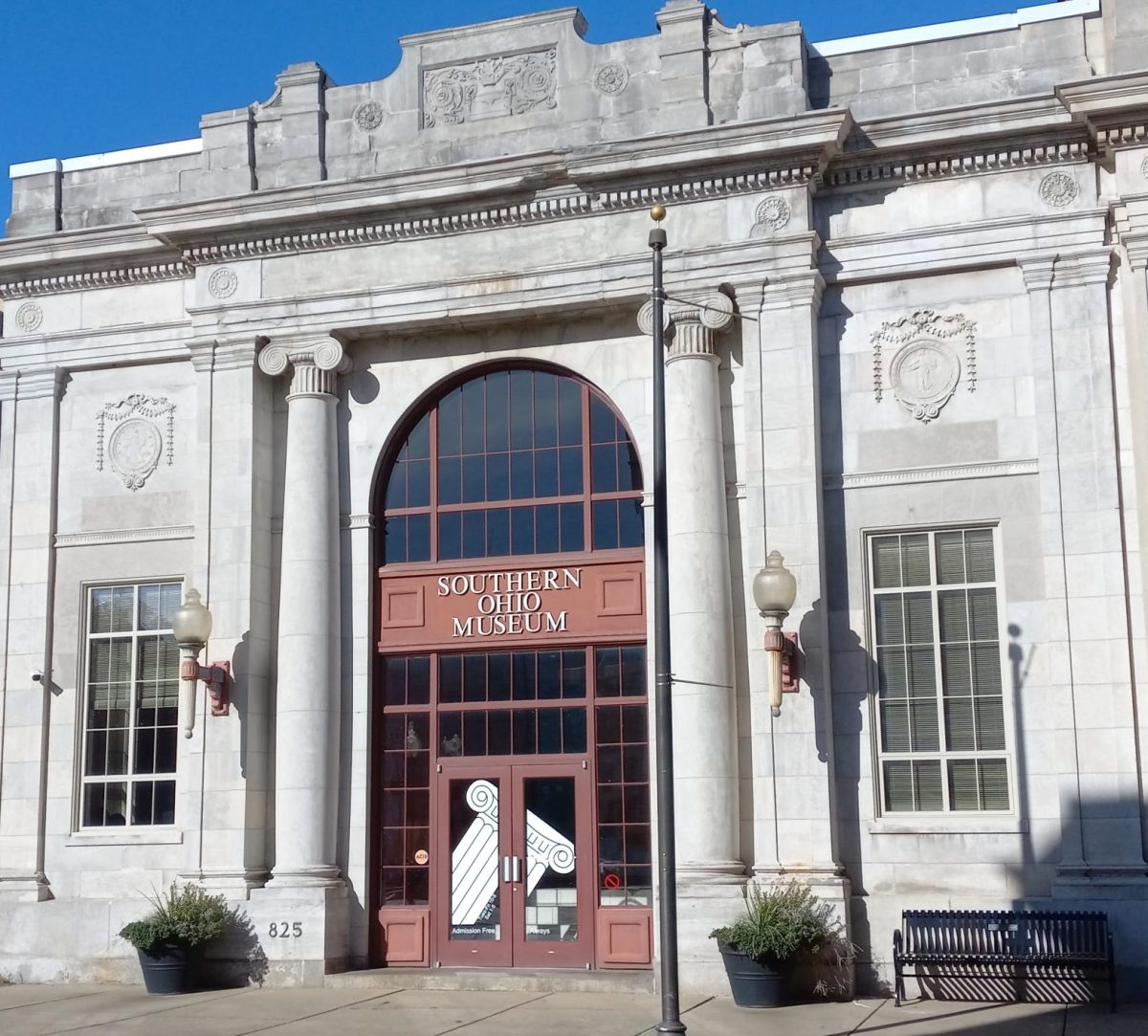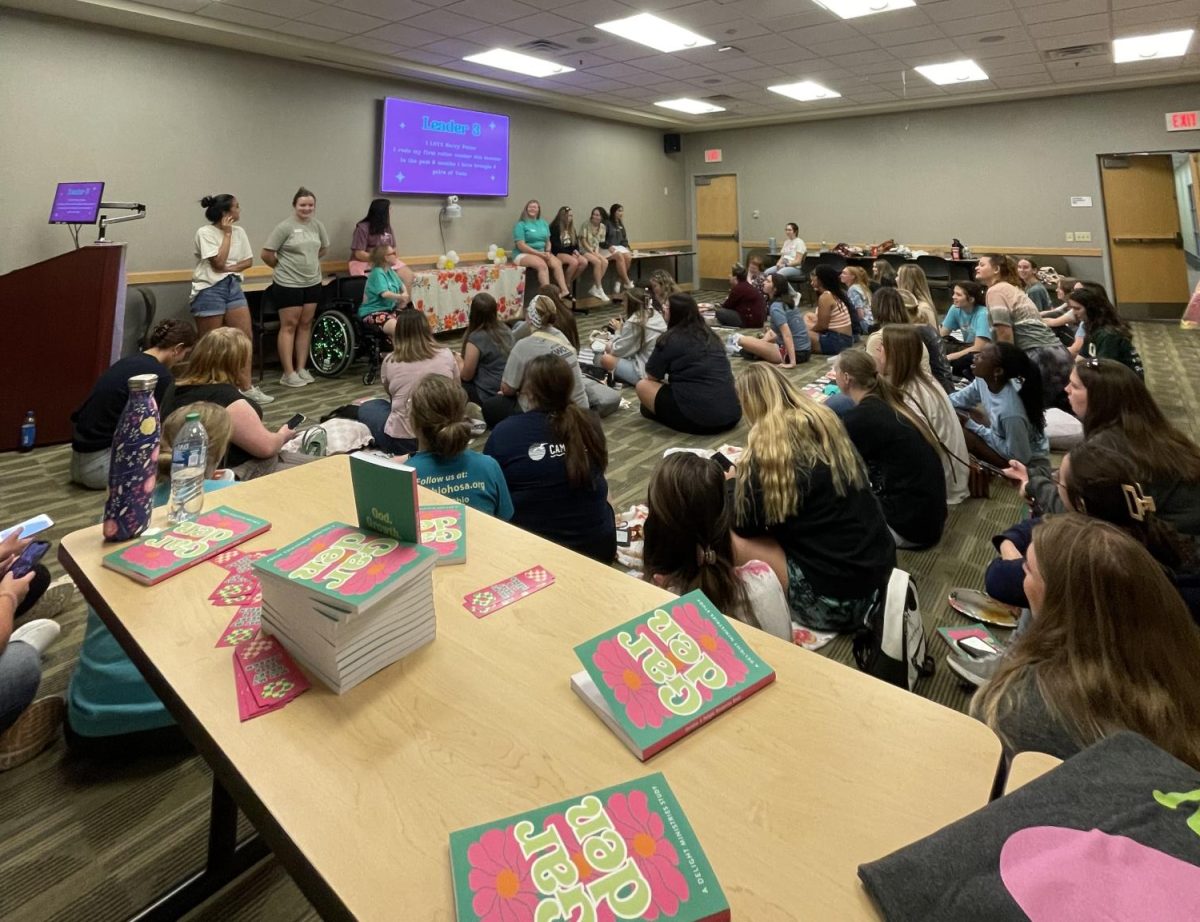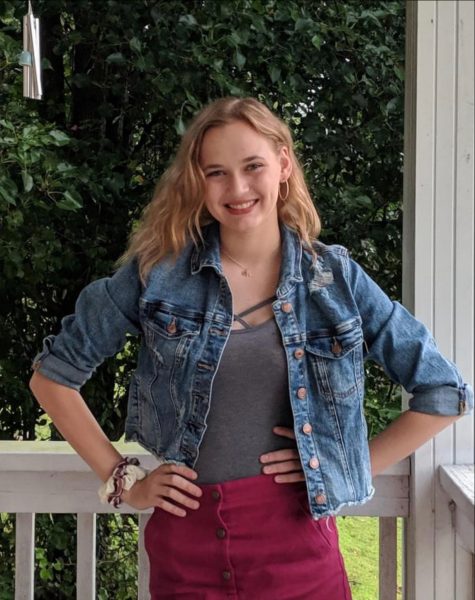For an average college student, there are a variety of ups and downs that could occur at any time. However, students who have a physical, mental and/or educational disability often face more challenges than the typical student. With the aid of the Accessibility Services office on campus, any student can gain the help that they may need. No two students need the same type of support, but no matter the need, Accessibility Services is here to assist anyone.
Michelle Boldman is the Accessibility Services Coordinator at Shawnee State University. She works to help the campus be as accessible as possible to any and all students. Boldman explained that her role is mainly as a communicator for the students under her care.
“My primary responsibility is to ensure that individuals with disabilities have equal access to all programs, services and facilities within our organization,” Boldman said. “I am a resource/advocate for individuals with disabilities. If a student does not feel comfortable approaching the professor for whatever reason, they are encouraged to reach out to me, and I can advocate for the student.”
The true goal for Boldman is for there to be a clear line of communication between herself, her students and the administration.
“I collaborate with various departments and work closely with professors when needed,” she said. “I meet with students to gain an insight of barriers they are facing and what works best for them to be successful. Communication is key for all students, regardless if they have a disability. I tell all my students to communicate with their professors. Communicating barriers will help both individuals in the classroom.”
Boldman lists several conditions that the Accessibility Services staff can aid with, “including but not limited to ADHD, autism, dyslexia, mental health disabilities, chronic health conditions, mobility impairments and visual/hearing impairments.”
Throughout the SSU campus, there are a variety of disabilities that go unnoticed by most people because of invisible barriers as well as other conditions that impact the individual’s life in an observable way. A look at two different Shawnee State students can demonstrate that large spectrum of afflictions.
I am a high-functioning student-athlete living with two indivisible disorders: postural orthostatic tachycardia syndrome (POTS) and Ehlers-Danlos syndrome (EDS). Most people outside of my teammates would not notice the daily issues and injuries. POTS affects my autonomic nervous system, which disrupts all involuntary functions, and EDS is a connective tissue disorder that causes tendons/ligaments to overstretch, producing pain all over.
Jennifer Moniger is a student diagnosed when she was 5 years old with muscular dystrophy, a weakening of muscle mass and skeletal muscle caused by a group of several genetic diseases. However, she was not diagnosed with a specific type of muscular dystrophy until the age of 12. Moniger has been in a wheelchair for about 15 years now and has trouble maneuvering SSU’s uneven campus.
Both of us require extensive aid from the school’s services. I require a lot of grace when it comes to class attendance due to unexpected flares. Jennifer requires aid with work deadlines and limits because of the difficulty she has with writing for a long period of time. We have had very different experiences gaining the accessibility we needed.
My experience was relatively easy and painless. I was diagnosed with both my conditions when I was in high school and was able to manage it pretty easily until I was a sophomore in college. Then my conditions worsened, and that’s when I reached out to Accessibility Services. I come from a medical family, so I tended to have an easier time getting doctors to believe me because I could “speak doctor.” This is not a common occurrence. Normally people with invisible disorders struggle to have people believe them. So, I was able to come to Accessibility Services with a vast and comprehensive medical description. From that point on it was really simple to explain and communicate what I needed.
Moniger, on the other hand, characterized her journey as difficult and still ongoing. She often had to advocate for herself loudly to get what she needed to succeed. Moniger had to learn quickly that if you did not fight for yourself, no one will.
“It was really difficult because switching from high school to college is not the same thing,” the SSU senior said. “In high school, you are basically handed it; in college you have to fight for yourself. Campus, to me, is not accessible because of a lot of hills, half the handicap buttons don’t work, elevators break down all the time.”
During the beginning of this school year when the Massie Hall elevator was broken for a considerable amount of time, Jennifer was unable to go to class outside of the basement and first floor. It is very important that students get to class, but the school failed her during those times of technical complications.
The campus accessibility issues are persistent and continuous; however, Moniger feels like the campus adminstration has asked her opinion in order to fix the issues. “I feel like they ask a lot of my opinion, which I am fine with at some points, but at some points can’t I just be a normal student?”
The most significant advice that both Moniger and I could give another student who is struggling physically, educationally or mentally is to speak up and ask for help.
Truly, the most important thing you can do is ask for help. Sometimes, I felt too prideful to ask for help because on the outside it did not look like I needed the help. However, your education is too important to sit and struggle by yourself.
Moniger preaches the significance of anybody and everybody finding their voice.
“You are not going to have a voice unless you have your voice,” she encourages. “You are going to struggle, and you are not going to feel seen for a while, but the more you come out that you need help, they start to realize that this person is not going to stop.”
Any student who needs help can reach out to Boldman by email ([email protected]) or by phone (740.351.3163).
